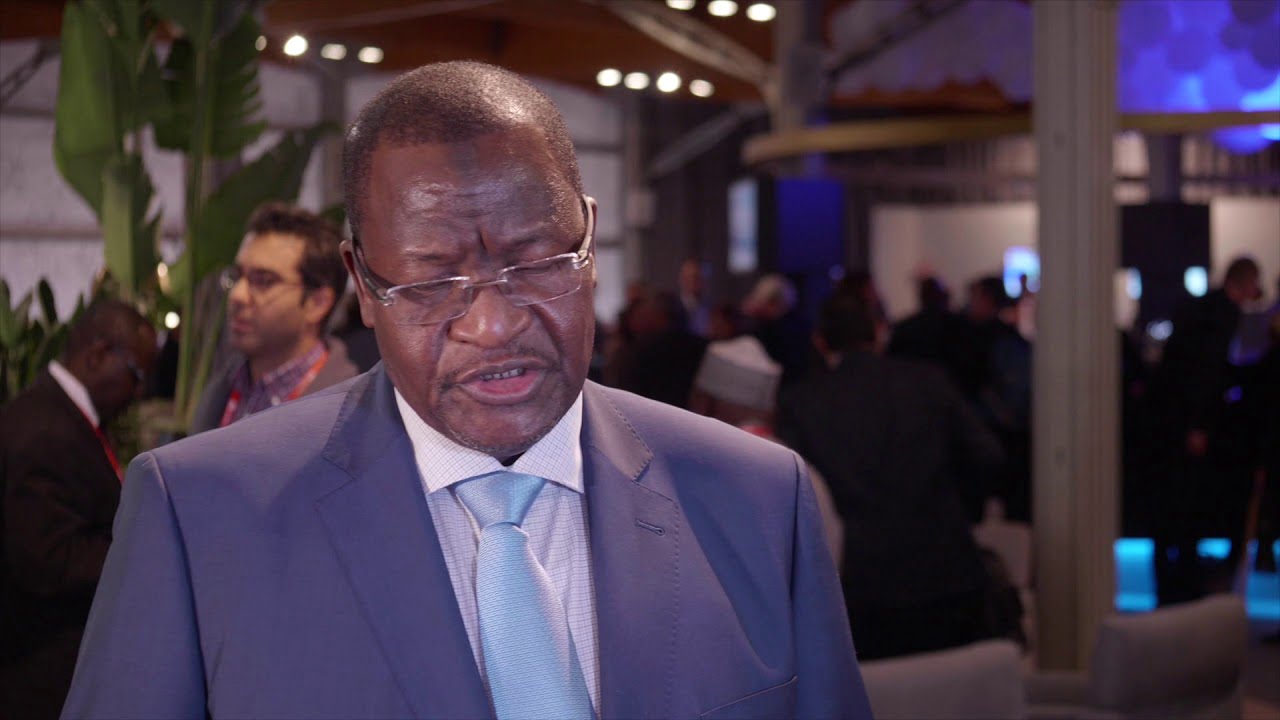The Executive Vice Chairman (EVC) of the Nigerian Communications Commission (NCC) Umar Garba Danbatta has stated that the Commission is focused on implementing all sectoral interventions focused on Information and Communication Technology (ICT) youth empowerment.
This is as he reckoned that 70 percent of the new value to be created in the economy over the next decades will be based on digitally-enabled platform business models.
Danbatta made this declaration while delivering the 10th and 11th combined Convocation Lecture of Fountain University, Osogbo, Osun State.
He asserted that the resolve of the Commission to pursue very vigorously a bouquet of ICT programmes focused on the youth is based on the projected opportunity for the youth in the emerging ICT-based labour market.
Danbatta recalled that statistics from Global System for Mobile Communication Association (GSMA) and the World Economic Forum (WEF), have indicated that unique mobile subscriptions are expected to grow up to 5.7 billion by 2025 with concurrent growth in Subscriber Identity Module (SIM) connections, and Internet subscriptions and corresponding growth in operators’ revenue and investment.
The CEO of NCC also said that fourth generation (4G) connections are expected to grow to 57 per cent; Fifth Generation (5G) is also envisaged to have 1.8 billion connections; usage of smartphones are projected to grow to 81 per cent; Internet of Things (IoT) will grow from 13.1 billion to 24 billion connections; and contribution to Gross Domestic Product (GDP) by the mobile industry is expected to grow by, at least, 5.1 per cent by 2025.
The implications of the foregoing, according to Danbatta, is a huge, incredible opportunity for youth to own businesses.
“Therefore, while NCC is working collaboratively and strategically with its supervising ministry, Federal Ministry of Communications and Digital Economy, it is also working with young Nigerians to prepare them for harnessing these opportunities for personal and national prosperity.
“It is this huge prospect that informed NCC to institute a number of initiatives and interventions targeting the youth in a unique and unprecedented institutionalisation of strategic collaboration and partnership,” he said.
The programmes, according to Danbatta, include the ICT Hubs Support and Engagement, which is a forum that brings together key players, actors and the youths in Nigerian tech-ecosystem to deliberate and suggest policy framework and strategies that could further develop the sector to catalyse improved local content in the ICT/telecommunications sector.
There is also the annual ICT Innovation Competition and Exhibition aimed at facilitating sustainable digital start-ups development through a platform to showcase their digital innovative solutions.
Also, the Annual Hackathon is designed to challenge start-ups and tech hubs in Nigeria to produce impactful and sustainable innovative solutions that will address common societal challenges using digital technologies.
Danbatta said the ICT Park Project being built across the six geo-political zones of the country to boost digital skills among young people, promote innovation, provide jobs for young Nigerian and ultimately support the Federal Government Digital Agenda is equally a strategic programme focused on harnessing and optimising the youths’ creative energy for development.
Other related projects in this regard include the NCC National Essay Competition engaging undergraduates in Nigerian tertiary institution to explore and enhance research in tertiary institutions and build capacity.
In addition, the school support programmes which include the Digital Awareness Programme (DAP), a special intervention initiated as a Corporate Social Responsibility (CSR) project in response to the digital information knowledge gap observed in the country; as well as the Advanced Digital Appreciation Programme for Tertiary Institutions (ADAPTI), instituted to bridge the knowledge skill gap in higher institutions of learning, largely target the youth and students.
Accordingly, Danbatta called on the youth to consciously take note of emergent segments in ICT that are available for them to explore. These, according to him, include Blockchain, Artificial Intelligence (AI), Cloud computing, Internet of Things (IoT) and Big Data.
He also enjoined youths and students to pay attention not only to any of those technology segments but also their overlapping variables such as hyper-connectivity, super-computing, cybersecurity, and smarter world such as robotics, 3D printing, and sensors – which are at the heart of the circular economy.
In recognition of the innovative minds of Nigeria’s huge youth population, Danbatta said the NCC had put all the ICT youth empowerment initiatives to support a digitally-skilled workforce that will fit into the Digital Economy Project of Nigeria.
“The Commission is committed to fostering partnership and collaboration with the technology hubs and startups, to accelerate innovations and the creation of a digitally-skilled workforce for industrial growth and sustainable development of the nation,” the EVC said.






